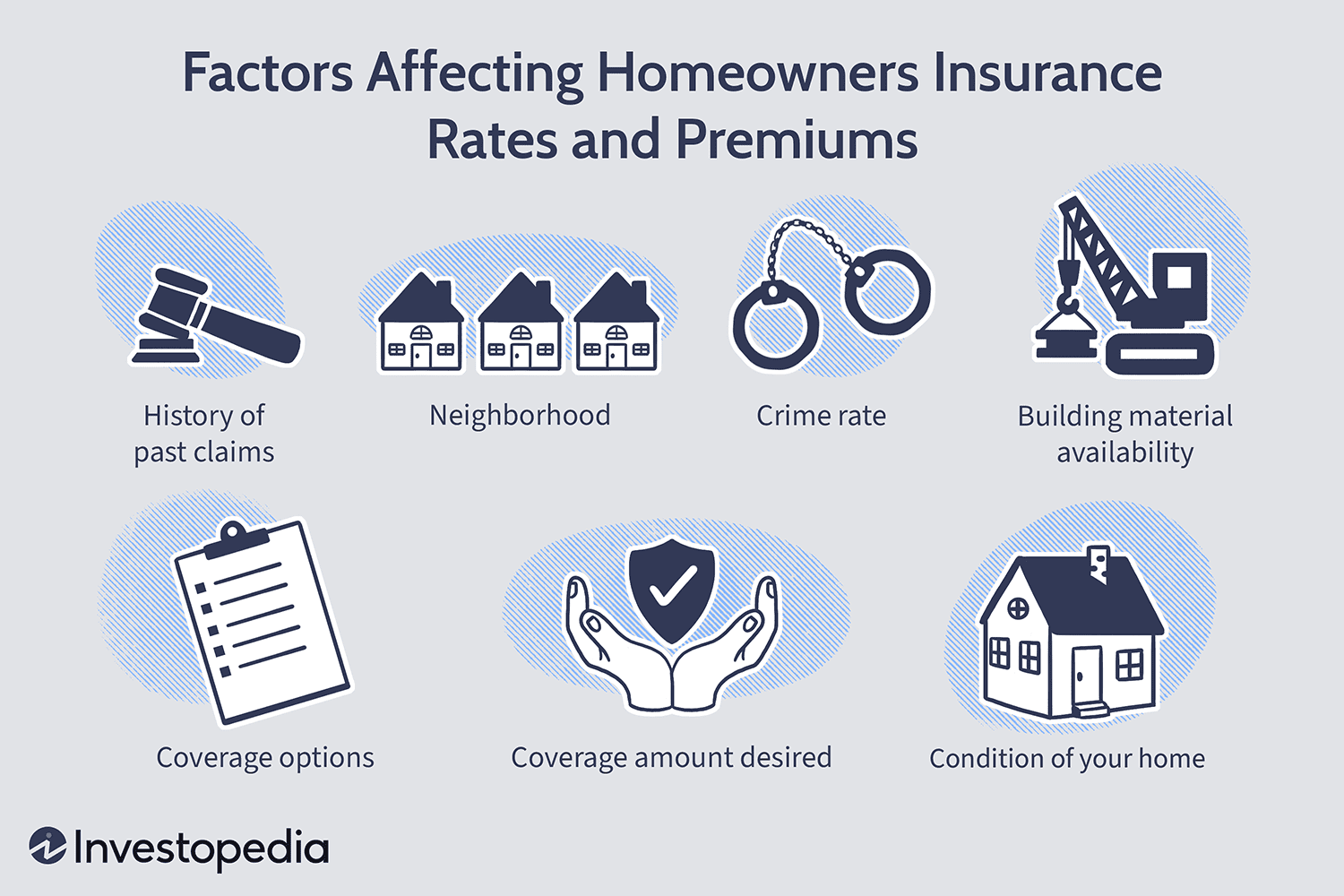In today’s ever-changing world, the importance of home insurance cannot be overstated. It provides a financial safety net against unexpected calamities, ranging from natural disasters to theft or accidental damage. However, a concerning trend has emerged where a significant number of homeowners are choosing to forgo this essential coverage, potentially putting themselves at substantial risk.
The Alarming Statistics
According to a recent report by The Wall Street Journal, a staggering 12% of homeowners in the United States have decided not to carry homeowners insurance. This statistic is particularly alarming when considering the potential consequences of not having adequate coverage in the event of a catastrophic incident.
While it is mandatory for homeowners with outstanding mortgages to maintain insurance coverage, the requirement does not apply to those who have fully paid off their homes. This loophole has inadvertently led some homeowners to make the risky choice of going without insurance, often in an attempt to save money on premiums.
The Potential Consequences
The decision to forgo homeowners insurance can have severe financial implications. Without proper coverage, homeowners bear the full burden of repairing or rebuilding their homes in the aftermath of a disaster, fire, or other covered events.
-
Financial Burden: The cost of rebuilding or repairing a home can quickly escalate, potentially costing hundreds of thousands of dollars or more, depending on the extent of the damage. For many homeowners, this expense could be financially crippling, draining their savings or forcing them into debt.
-
Liability Risks: Homeowners insurance not only protects the physical structure but also provides liability coverage. Without it, homeowners may be held personally liable for accidents or injuries that occur on their property, potentially leading to costly legal battles and settlements.
-
Lack of Temporary Housing: In the event of a catastrophic event that renders a home uninhabitable, homeowners insurance typically covers temporary living expenses, such as hotel stays or rental costs. Without this coverage, homeowners may struggle to find affordable temporary housing while their homes are being repaired or rebuilt.
-
Difficulty in Securing Loans: Lenders often require proof of homeowners insurance before approving loans or refinancing options. Going without coverage could limit homeowners’ ability to access financing options for home improvements, renovations, or other major expenses.
The Importance of Being Insured
While the decision to forgo homeowners insurance may seem like a way to save money in the short term, it can have devastating consequences in the long run. Home insurance not only provides financial protection but also offers peace of mind, knowing that unexpected events will not lead to financial ruin.
It is crucial for homeowners to carefully evaluate their risks and consider the potential costs of not having adequate coverage. Consulting with insurance professionals can help homeowners find affordable policies tailored to their specific needs and budget constraints.
Homeownership is often considered the pinnacle of financial security, and protecting this valuable asset should be a top priority for every homeowner. By understanding the risks and the importance of being insured, homeowners can make informed decisions and safeguard their investments, ensuring a secure future for themselves and their families.
No Homeowners Insurance? No Problem
FAQ
Is it OK to not have homeowners insurance?
What percentage of people have no home insurance?
Why people don t have home insurance?
What percent of Americans have home insurance?

